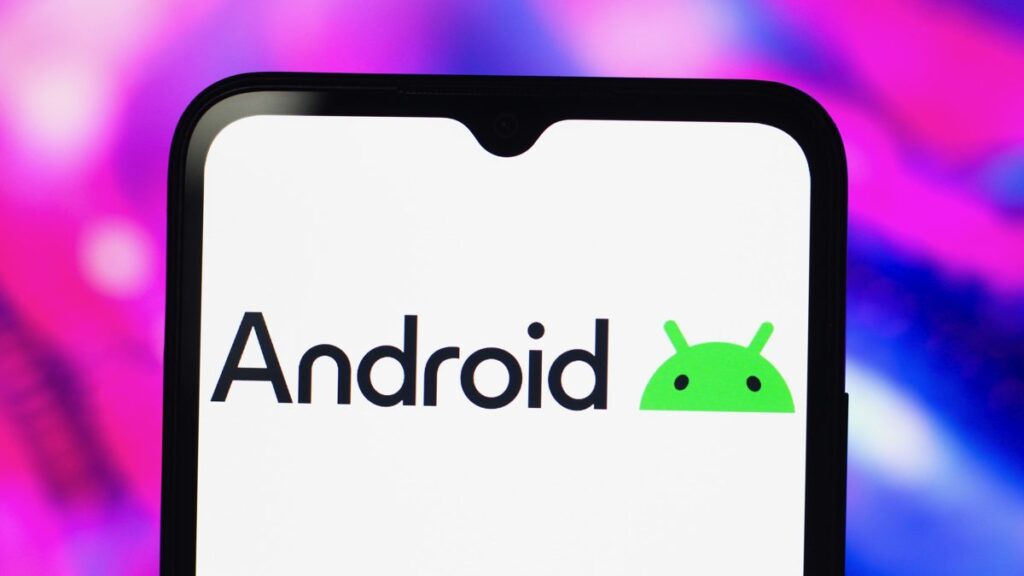
The free Android app store F-Droid has raised alarms over Google’s impending developer registration rules, cautioning that these changes could potentially eliminate third-party Android app distribution. The warning comes as Google aims to tighten security measures across its ecosystem.
In a statement released on Monday, F-Droid criticized the new rules, stating, “We do not believe that developer registration is motivated by security. We believe it is about consolidating power and tightening control over a formerly open ecosystem.” This criticism follows Google’s announcement of new regulations designed to prevent Android malware from spreading, including through third-party app stores.
Google’s strategy involves requiring that all app installations on certified Android devices occur only if the developer has been verified by Google. While this verification process was introduced for the Google Play Store in 2023, the company is now extending it to all Android apps, even those distributed outside the Play Store. Google likens this change to an “ID check at the airport,” but F-Droid argues that the requirements undermine consumer choice and conflict with its distribution model.
F-Droid’s Concerns and Criticism
F-Droid’s concerns revolve around the potential impact on its operations and the broader implications for open-source app distribution. “The F-Droid project cannot require that developers register their apps through Google, but at the same time, we cannot ‘take over’ the application identifiers for the open-source apps we distribute, as that would effectively seize exclusive distribution rights to those applications,” the group explained.
F-Droid further warned, “If it were to be put into effect, the developer registration decree will end the F-Droid project and other free/open-source app distribution sources as we know them today.” The group also emphasized the principle that users should have the freedom to run any software they choose on their devices.
Security and Transparency: A Different Approach
F-Droid disputes Google’s rationale for the new rules, highlighting ongoing issues with malware and adware infiltrating the Play Store despite existing developer requirements. In contrast, F-Droid asserts that its team meticulously vets Android apps before listing them, ensuring they are free from covert tracking features.
“F-Droid offers a trustworthy and transparent alternative approach to security: every app is free and open source, the code can be audited by anyone, the build process and logs are public, and reproducible builds ensure that what is published matches the source code exactly,” the group added.
Call for Regulatory Scrutiny
In response to Google’s proposed changes, F-Droid is urging governments to scrutinize the tech giant’s actions and calling on users to advocate for regulatory intervention. “By making your voice heard, you help defend not only F-Droid, but the principle that software should remain a commons, accessible and free from unnecessary corporate gatekeeping,” F-Droid stated.
Google has not yet responded to requests for comment. However, the company plans to gradually implement the app developer requirements, starting with Brazil, Indonesia, Singapore, and Thailand in September 2026, with a global rollout expected in 2027 and beyond.
Implications and Future Outlook
The announcement comes as the tech industry grapples with balancing security and openness. The move represents a significant shift in how Android apps are distributed and could set a precedent for other platforms. Experts warn that increased regulation could stifle innovation and limit consumer choice, echoing concerns raised by F-Droid.
As the situation unfolds, stakeholders in the tech community will be closely watching how these changes impact the Android ecosystem and whether similar measures will be adopted by other major tech companies. The debate over security versus openness is likely to continue, with implications for developers, consumers, and the future of open-source software.
In the coming months, the tech world will be keenly observing how governments and regulatory bodies respond to F-Droid’s calls for scrutiny and whether Google’s policies will face challenges on a global scale.







